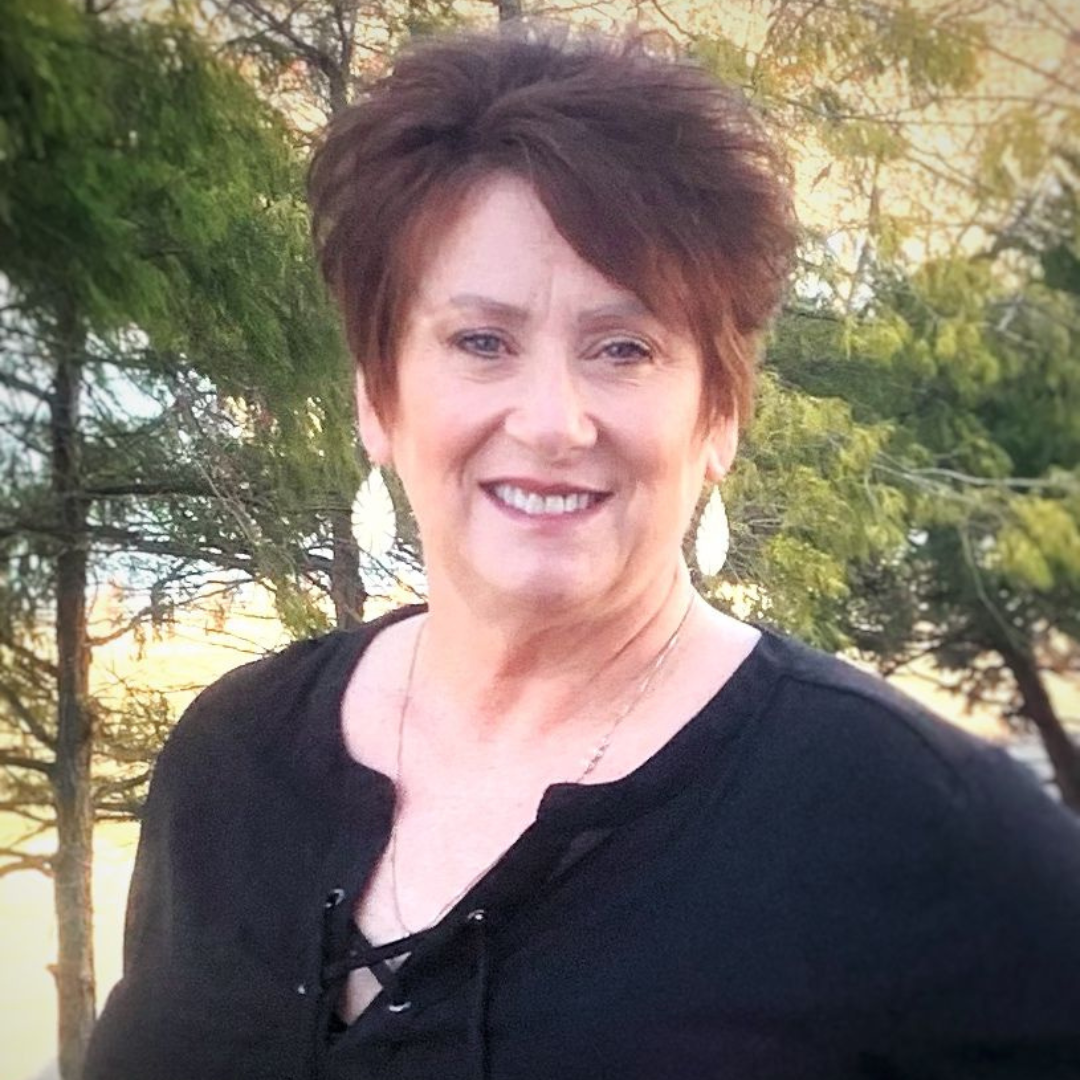Pat Condron, co-founder and executive director of Lazarus House and Mary & Martha House, believes that addiction is a “disease of isolation.” Recovery, he has come to learn, is best achieved in a setting of community. It’s this belief — and a mother’s heartache — that brought these East Wheeling sober living homes to life.
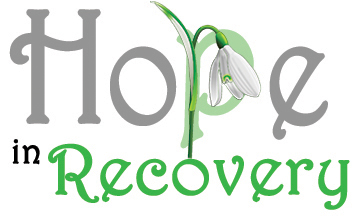 Nearly 20 years ago, Lazarus House co-founder Shelley Rohrig and her late husband Bill lost their beloved son Mark in a tragic accident fueled by alcohol and depression. After Mark’s death, Shelley felt helpless and wanted to do something to help other young adults in a way she hadn’t been able to help her own son. In 2000, she and Bill donated the proceeds from Mark’s life insurance policy to Saint Alphonsus Catholic Church where Pat served at the time as pastor.
Nearly 20 years ago, Lazarus House co-founder Shelley Rohrig and her late husband Bill lost their beloved son Mark in a tragic accident fueled by alcohol and depression. After Mark’s death, Shelley felt helpless and wanted to do something to help other young adults in a way she hadn’t been able to help her own son. In 2000, she and Bill donated the proceeds from Mark’s life insurance policy to Saint Alphonsus Catholic Church where Pat served at the time as pastor.
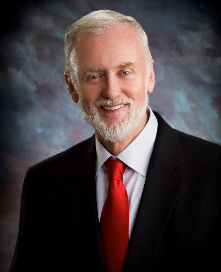
Their gift and Pat’s passion started Spirit House, a transitional living facility for men in the early stages of recovery. In 2006, Spirit House moved to East Wheeling and became what is known today as Lazarus House. Around 2009, Pat used money from his late mother’s estate to help open Mary & Martha House, a similar facility for women.
Today, each facility is run by a house manager and is home to five to six residents. The mission of the houses is to help those who are actively and successfully “working their recovery” and transitioning to wellness and independence. Residents are referred to the program by word of mouth, through the local court system, and by area detox and rehabilitation agencies. Pat is onsite frequently and eats dinner with the residents nearly every evening. “It’s important that they have that fellowship,” he says.
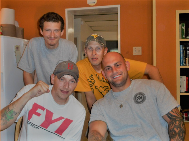
Residents at each sober living home must be over the age of 18. They can stay up to a year, although the average length of stay is six to nine months. During this time, residents are expected to maintain their sobriety, perform household chores, abide by a curfew, attend 12-step meetings such as Narcotics Anonymous or Alcoholics Anonymous, and seek gainful employment. Once a resident is employed, he or she is expected to contribute toward household expenses.
According to Pat, a number of local businesses support the residents’ recovery by giving them the opportunity to work.
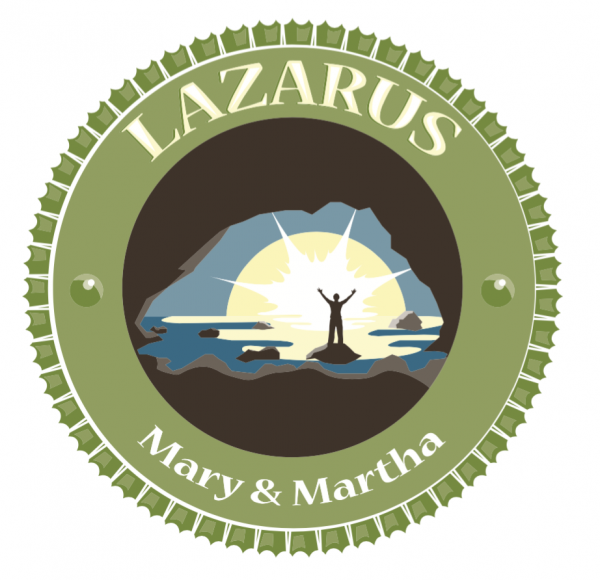 “That’s because Lazarus House has earned a good reputation locally and throughout the state,” says Shelley. “And that reputation is because of Pat.”
“That’s because Lazarus House has earned a good reputation locally and throughout the state,” says Shelley. “And that reputation is because of Pat.”
Pat humbly deflects such praise, but it’s evident that his heart and soul are permanently interwoven throughout the programs of Lazarus House. “The residents become family,” he says with a smile. “I enjoy the connections I make with people.”
Connections with those in recovery are easy for Pat to make, as he has traveled their journey personally. He has been sober for over two decades himself and knows firsthand what it takes to maintain sobriety. “Recovery isn’t something that ‘happens’ to you,” he asserts. It comes through hard work, self-reflection and suitable long-term treatment. There are numerous paths to recovery, and each person with substance use disorder must find the one that fits him or her best.
 When asked about the success rate of Lazarus House and Mary & Martha House, Pat quotes Mother Teresa. “God does not require that we be successful; he only requires that we be faithful.” And faithful Pat certainly is.
When asked about the success rate of Lazarus House and Mary & Martha House, Pat quotes Mother Teresa. “God does not require that we be successful; he only requires that we be faithful.” And faithful Pat certainly is.
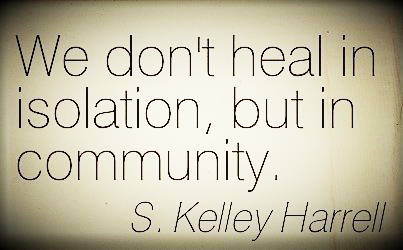 But the houses are indeed successful. Over 400 people have been served over the years, and many of them have sustained long-term recovery. Pat is quick to note that Mark Rohrig’s death has since saved countless other lives. Mark’s life and loss recently inspired his mom to start a local chapter of a national support group called GRASP — Grief Recovery After Substance Passing. Anyone who has also lost a loved one to substance use is welcome to attend. The group meets twice monthly at WVU Medicine Reynolds Memorial Hospital in Glen Dale. For more information on GRASP, contact Shelley at 304-280-0608.
But the houses are indeed successful. Over 400 people have been served over the years, and many of them have sustained long-term recovery. Pat is quick to note that Mark Rohrig’s death has since saved countless other lives. Mark’s life and loss recently inspired his mom to start a local chapter of a national support group called GRASP — Grief Recovery After Substance Passing. Anyone who has also lost a loved one to substance use is welcome to attend. The group meets twice monthly at WVU Medicine Reynolds Memorial Hospital in Glen Dale. For more information on GRASP, contact Shelley at 304-280-0608.
Though Lazarus House and Mary & Martha House have been the focus of Pat’s life over the past 18 years, his thoughts are now turning to retirement. When he first began to consider letting go of the reins, he was concerned about the future of the houses that he co-founded. That was when he turned to his friend, Youth Services Systems (YSS) Executive Director John Moses, who has agreed to continue the work of the houses once Pat steps down. However, YSS has no permanent funding in place to keep the houses running. “We rely on fundraisers, occasional grants and the generous hearts of this community for funding,” John says.

The importance of these transitional living homes cannot be overstated as the local opioid crisis continues to rage. For more information on the programs offered at Lazarus House or Mary & Martha House, contact Pat at 304-280-2177.
If you would like to help YSS keep these vital facilities functioning, there are several ways you can do so. Donations of non-perishable food items, paper products, toilet tissue, feminine hygiene products, personal care items and gift cards for food and supplies are always welcomed. In addition, there are two fundraising dinners held each year to benefit the Houses. One will be held from 11:30 a.m. to 4:30 p.m. Sunday, Sept. 23, at the Soup Kitchen of Greater Wheeling, 1610 Eoff St. Tickets are $8 for adults and $4 for children. The menu will feature baked chicken with all the trimmings. “The chef at the Soup Kitchen is wonderful,” Shelley promises. The dinner is open to the public, and tickets will be available at the door. Carry-out orders may be placed the day of the event by calling 304-233-2992.
Recovery takes hard work and dedication, but plenty of people in our community successfully maintain their sobriety on an ongoing basis. They are our neighbors, our co-workers and those with whom we worship. “There is always hope,” declares Pat. The residents of Lazarus House and Mary & Martha House choose hope, one day at a time. And once you’ve chosen hope, anything is possible.
• A lifelong Wheeling resident, Ellen Brafford McCroskey is a proud graduate of Wheeling Park High School and the former Wheeling Jesuit College. By day, she works for an international law firm; by night, (and often on her lunch breaks and weekends) she enjoys moonlighting as a part-time writer. Please note that the views expressed in her writing are solely her own and do not necessarily reflect those of anyone else, including her full-time employer. Through her writing, Ellen aims to enlighten others on causes close to her heart, particularly addiction, recovery and equal rights. She and her husband Doug reside in Warwood with their clowder of rescued cats, each of whom is a direct consequence of his job as the Ohio County Dog Warden. Their family includes four adult children, their spouses and several grandkids.



